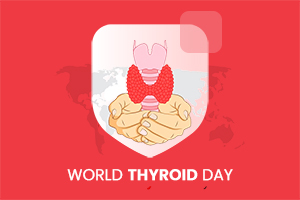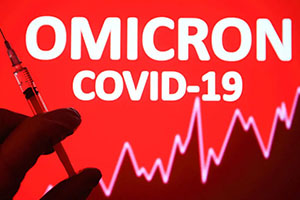

- Tax BenefitUp to 75000**
- Claim SupportEveryday 10AM-7PM
- 45 Lacs+Happy Customers
*Standard Terms and Conditions Apply.
**Tax benefits are subject to changes in Income Tax Act.
What is Benign Brain Tumour?
Benign brain tumours are non-cancerous cells that grow in the brain. Usually, these types of tumours can be removed through surgery and do not typically grow back. However, sometimes benign brain tumours grow back and begin to spread faster in the brain. In some cases, benign brain tumours can become malignant brain tumours. Mostly, the surgeon successfully removes the tumour from the brain. However, if there are any cells remaining with tumours, the surgeon treats them with radiotherapy.
Symptoms of Benign Brain Tumour
Listed below are some common symptoms of a benign brain tumour.
- Severe headaches in the morning or while coughing.
- Feeling drowsy and sick all time
- Vision problems such as blurred or double vision, temporary blindness, and more.
- Frequent seizures affect your complete body or any one area.
Types of Benign Brain Tumour
Here are different types of benign brain tumours that are non-cancerous in nature.
- Gliomas: These are the tumours that develop in the glial tissue, which protects and sustains nerve cells.
- Meningiomas: These are the types of brain tumours that develop in the membrane of the brain.
- Acoustic Neuromas: They are also known as vestibular schwannomas and generally develop in the acoustic nerve.
- Pituitary Adenomas: These are the tumours grown in the pituitary gland. It is a pea-sized gland available under the surface of the brain.
- Craniopharyngiomas: These benign brain tumour types are generally diagnosed near the base of the brain in children, teenagers, and young adults.
- Haemangioblastomas: These are the tumours developing in the blood vessels of the brain.
Causes of Benign Brain Tumour
The cause of most benign brain tumour is unknown. However, you can develop a non-cancerous brain tumour under the following conditions:
- Your age is above 50 years.
- If there is a family history of brain tumours.
- Genetic conditions may increase the risk of non-cancerous brain tumours.
- If you have undergone radiotherapy treatment previously.
- Serious head traumas in past can also cause benign brain tumour.
Diagnosis of Benign Brain Tumour
If you found any symptoms of a benign brain tumour, contact your doctor at the earliest. The general practitioner will ask you about your condition and examine it. The neurologist will take your neurological examination, which includes testing of arm and leg strength, hearing and vision, balance and coordination, and more.
Further, your doctor may ask you to undergo various tests including CT scans, MRI scans, and EEG to locate the tumour. In case tumour is suspected, a biopsy will be conducted to detect the type of tumour.
Treatment of Benign Brain Tumour
Depending on the type of benign brain tumour you are diagnosed with, the doctor will follow different treatment procedures. In the event that a tumour is detected by chance, a general practitioner may ask you to undergo regular scanning and monitor the tumour's growth.
If any person is diagnosed with severe or progressive symptoms, they may be asked to undergo surgery. Sometimes, non-surgical treatment options are also advised to the individuals. Therefore, it is always wise to consult different specialists. Also, ensure that you ask about the advantages, disadvantages, and risks associated with different treatment types.
Is Benign Brain Tumour Covered in Health Insurance?
Health insurance is an insurance policy that provides financial coverage against medical emergencies. Benign brain tumours are non-cancerous and are considered to be one of the most critical illnesses. Most health insurance companies provide coverage for benign brain tumours in their health plans. Some of the common expenses covered include hospitalization, ICU charges, ambulance charges, pre- and post-hospitalization, and more.
Conclusion
In conclusion, benign and malignant are two types of brain tumours that can develop in the human brain. Benign tumours are non-cancerous in nature and often grow slowly. If there is a family history of brain tumour, it is wise to purchase a health insurance plan and keep yourself financially protected.
Health Insurance Calculator
Whom do you want the insurance for ?
Where do you live ?
Choose required Coverage for yourself?
Health Insurance Coverage Calculator
Who do you want to insured ?
- Individual
- Couple
- Family
- Parents
Age of eldest insured member ?
Where do you live ?

*Tax benefits are subject to changes in Income Tax Act.























.jpg)

































